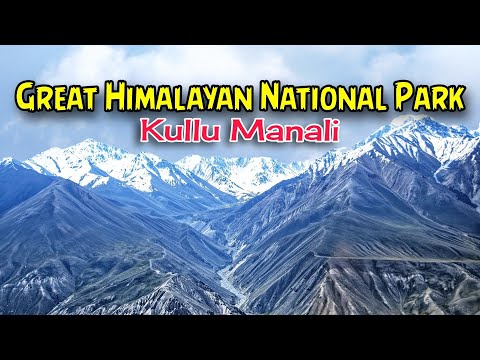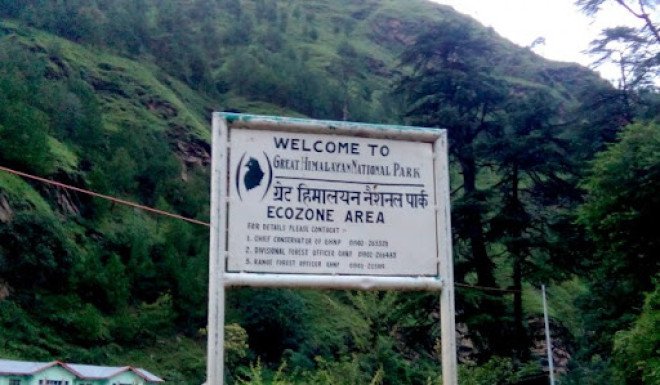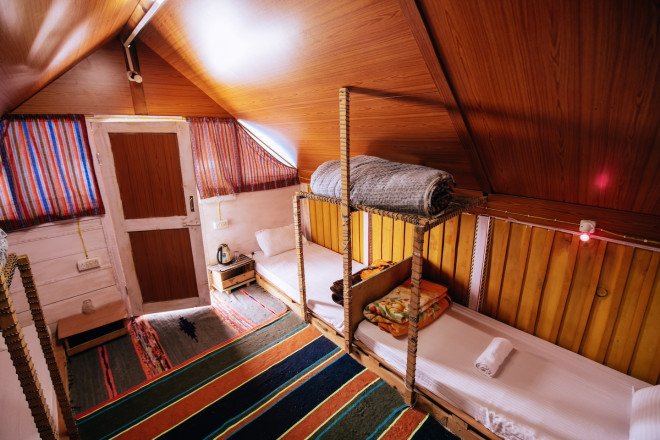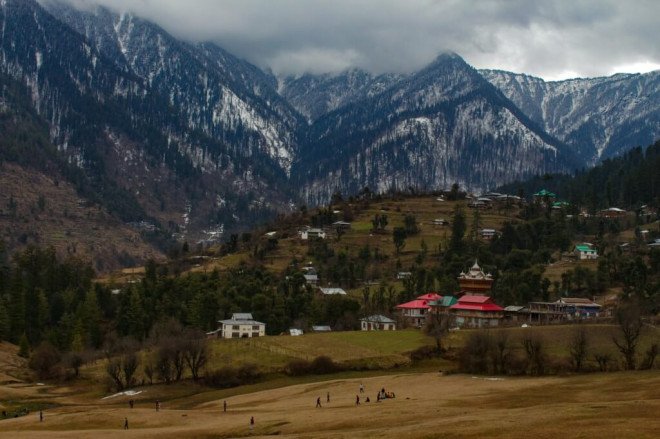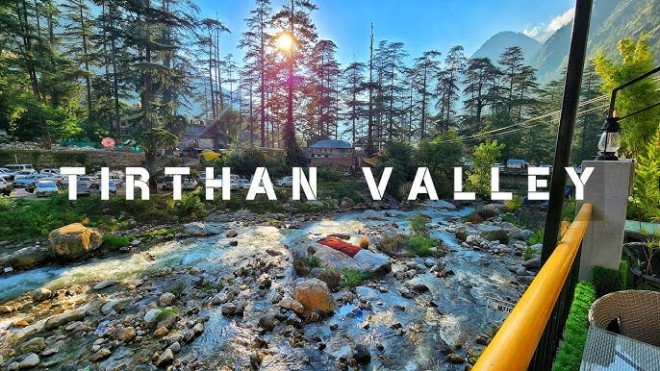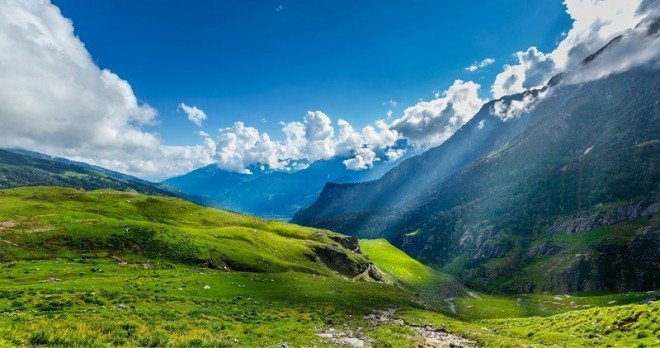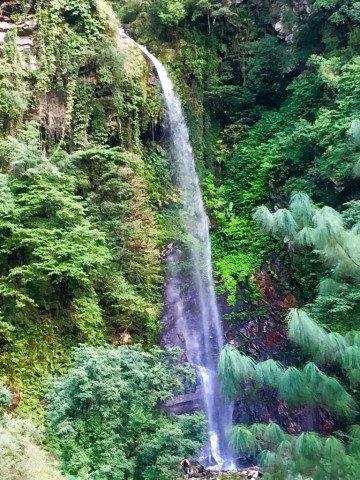Great Himalayan National park trek, Banjar, Himachal Pradesh, 175123
Listing Owner
Listing Description :
Timings
- Opening Hours: 9:00 AM to 5:00 PM.
Distance and How to Get There
By Road:
- From Kullu: Approximately 60 km.
- From Manali: Around 90 km.
Getting There:
1. By Car/Taxi:
o Route: From Kullu or Manali, drive towards Aut, then take a right towards Banjar and Gushaini, the base village for GHNP treks.
2. By Bus:
o Buses are available from Kullu to Banjar or Gushaini, the closest entry points to the national park.
Ideal Season to Visit
- Best Time:
- April to June (spring and early summer) for pleasant weather and blooming flowers.
- October to November (autumn) for clear skies and spectacular views.
Length and Trekking Routes
1. Rakti-Sar and Sainj Valley Trek:
o Length: Approximately 4-5 days, covering around 60-70 km.
2. Tirthan Valley Trek:
o Length: Around 4-6 days, depending on the route.
3. Jiwa Nala Trek:
o Length: A challenging trek, typically 6-8 days long.
These treks take you through forests, alpine meadows, and glacial valleys, offering views of snow-capped peaks and pristine rivers.
Entry Charges
- Indian Citizens: ₹100 per person (day visit).
- Foreign Nationals: ₹400 per person (day visit).
- Camping Charges: Additional fees apply if you are camping inside the park.
Parking
- Facilities: Parking is available at the park’s entry points (such as Gushaini or Sai Ropa).
- Charges: Nominal parking fees may apply.
Food Options
- Carry Your Own Food
- Cafes and Dhaba: Basic food options are available Gushaini and Banjar.
- Stay Hydrated
Stay Options
Camping Inside the Park:
- Tented Camps: You can set up camps at designated spots inside the park, including Shilt Hut, Nada Thach, and Raktisar.
Nearby Accommodation:
1. Homestays:
o Available in Gushaini, Banjar, and Tirthan Valley.
2. Guesthouses:
o Basic guesthouses are available near the entry points.
3. Eco Lodges:
o There are eco-friendly lodges offering a comfortable stay with local cuisine and scenic views.
Activities
1. Trekking:
o GHNP offers treks ranging from easy to highly challenging, exploring glaciers, rivers, and alpine meadows.
2. Wildlife Spotting:
o Home to rare species like the Western Tragopan, snow leopard, Himalayan tahr, and musk deer.
3. Bird Watching:
o The park is a paradise for birdwatchers, with over 200 bird species.
4. Photography:
o Capture stunning vistas of Himalayan landscapes, wildlife, and lush forests.
5. Fishing:
o Permitted in Tirthan River but requires a permit.
6. Camping:
o Overnight camping in the serene wilderness is a must for trekkers.
Tips for Visitors
- Permits and Guides: Obtain necessary permits from the park office and hire an experienced local guide for safety.
- Physical Fitness: Some treks are demanding, so ensure you’re physically prepared.
- Weather: Be prepared for sudden weather changes, especially in higher altitudes. Carry appropriate clothing for cold and rain.
- Altitude Considerations:
- Acclimatize properly to avoid altitude sickness.
- Pack Light: If possible, hire porters to help carry heavy items.
- Start Early: Begin your trek early in the day to avoid fatigue and reach camp well before sunset.
Nearby Attractions
1. Tirthan Valley:
o A serene valley with options for short treks, fishing, and village stays.
2. Sainj Valley:
o Another beautiful valley with less tourist traffic and untouched beauty.
3. Jalori Pass:
o A scenic mountain pass, perfect for short hikes and panoramic views.
4. Serolsar Lake:
o A high-altitude lake near Jalori Pass, known for its crystal-clear waters.
5. Chehni Kothi:
o A traditional Himachali tower, offering insight into the region’s architectural history.
